What Are the Pros and Cons of Mouthwash?
Mouthwash is a common addition to many people’s daily dental hygiene routine. It is refreshing, easy to use, and promises a cleaner, healthier smile. But is mouthwash really good for you? Our team at Bridget Singh, DDS, has put together a guide outlining the pros and cons of mouthwash so you can make informed decisions about caring for your smile.
What Are the Pros of Mouthwash?
Adding mouthwash to your dental care routine can offer some advantages, including the following:
- Eliminates Bacteria: Antimicrobial mouthwashes can eliminate bacteria and other germs that brushing and flossing may miss.
- Reduces Plaque: Some mouthwash varieties can help minimize plaque buildup, reducing the risk of cavities and gum disease.
- Prevents Tooth Decay: The antimicrobial properties of mouthwash can help prevent acids from eroding your teeth, lowering your risk of cavities.
- Protects Your Gums: Mouthwash can help eliminate harmful oral bacteria that cause gum inflammation, helping maintain your gum health.
- Reduces Bad Breath: A swish with mouthwash after consuming foods like onions and garlic can help neutralize unpleasant odors, freshening your breath.
- Strengthens Your Tooth Enamel: Some mouthwash varieties contain ingredients like fluoride, which helps strengthen your teeth and lower the risk of tooth decay.
What Are the Cons of Mouthwash?
While there are many benefits of mouthwash, there are also a few things to watch out for, including the following:
- Can Delay Treatment: Mouthwash can temporarily mask bad breath, which may be a sign of a more serious dental issue requiring prompt treatment.
- Alcohol Content: The alcohol content in some mouthwash varieties can increase the risk of dry mouth and may produce an unpleasant burning effect, especially if you have canker sores or ulcers.
- Killing Good Bacteria: Excessive use of mouthwash may destroy good or beneficial bacteria that protect your mouth against certain pathogens.
- False Sense of Security: Relying on mouthwash alone can lead to neglecting proper brushing and flossing habits, increasing the risk of dental disease.
- Tooth Staining: Certain types of mouthwash, particularly those containing ingredients like chlorhexidine gluconate (CHX) that are designed to combat active gum disease, can lead to tooth staining over time.
How to Choose the Best Mouthwash for Your Smile
Not all mouthwash is the same, and choosing the right one depends on your dental health needs. A fluoride mouthwash is a smart choice for those prone to tooth decay. It helps strengthen the tooth enamel and provides added protection against cavities.
If you have gum disease or inflammation, you may want to select a mouthwash designed to reduce harmful bacteria and support healthier gums. If, on the other hand, you have dry mouth or tooth sensitivity, it’s best to avoid mouthwash varieties containing alcohol. Instead, opt for alcohol-free options that are gentle and hydrating. For personalized tips and guidance, our team at Bridget Singh, DDS, is here to help. We will recommend the ideal mouthwash for your unique needs.
Keep in mind that mouthwash should be used as an addition to your daily oral care routine, not as a substitute for regular brushing and flossing. It’s one more tool to support a clean and healthy smile.
Preventive Dentistry Near Me in Seattle, WA
At Bridget Singh, DDS, we believe in prevention as the first line of defense against dental disease. We are here to provide personalized guidance on home oral hygiene practices to promote healthy smiles. We also offer a range of preventive dentistry services tailored to your unique needs to help you maintain a lifetime of healthy, beautiful smiles. We invite you to call us at 206-399-3775 to schedule your appointment or book one online today!

